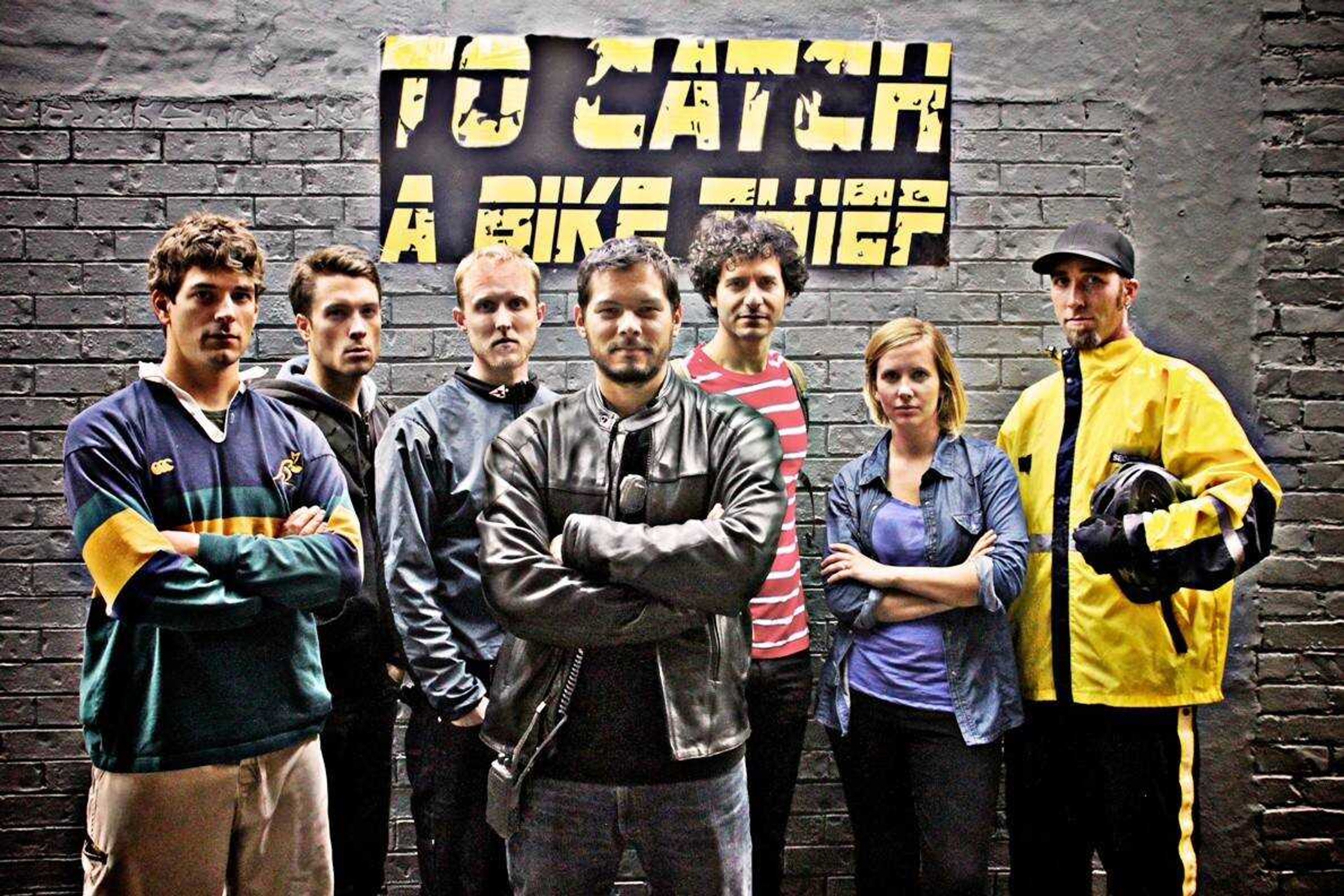"To Catch a Bike Thief" is a new web series about how to combat bike theft, which is a problem at Southeast Missouri State University and Cape Girardeau.
Every year cyclists are subjected to the constant threat of bike theft. It wasn't until Canadian web producer Ingo Lou had his bike stolen that he found a way to combat bike theft with the show "To Catch a Bike Thief."
The pilot episode aired on April 5 and is available online at tocatchabikethief.com.
Bike theft is also an issue in Cape Girardeau and on the Southeast campus. According to officer Darin Hickey, a spokesman for the Cape Girardeau Police Department, there are an estimated 50 to 70 bike thefts a year.
"I think that any time there is a theft and it's continuous theft, then that's something that we have to take a look at, see what's going on and if there is something we can try to do to curb that," Hickey said. "Any crime is an issue."
Lou, a producer with Sweet Currant Productions, said that the idea for the show came to him after having his fourth bike stolen on Jan. 13, 2011. He called a friend enraged about the situation, and they began discussing ways to combat bike theft.
"We then sort of naturally evolved to say 'Well, couldn't we just set it up so we could talk to bike thieves?' and explore the issue of bike theft in a lot more depth," Lou said. "That's sort of how 'To Catch a Bike Thief' was born."
Police officers also have their own way to combat bike theft. The Cape Girardeau Police Department began a new bike registration program in December 2011 to make catching bike thieves easier. Anyone can register their bike by bringing it to the police station. Upon registration, owners are given a tamper-proof sticker to identify the bike, a picture is taken of it and owner information is documented.
"We're hoping this can be of assistance to our officers as well as members of the community," Hickey said.
When a bike is stolen the owner can report it to the police department and provide the serial number, and then the officer reports it to the National Crime Information Center for officers to keep a lookout for the stolen bike.
"There's several things that we can do, it's just what the circumstances are surrounding the theft," Hickey said.
Lou began the process to catch bike thieves by building a bait bicycle and researching different types of GPS tracking systems. He had a difficult time finding GPS tracking systems specifically made for bikes.
"That kind of surprised us a little bit because I think that we're definitely not the first to say 'Man, I wish I could put a GPS tracker on my bike,'" Lou said.
Eventually Lou found a GPS tracking system that was well-suited for attaching to a bicycle.
"In the process of researching trackers we found a reasonably good one from a site that, believe it or not, specializes in selling devices for catching cheating spouses," Lou said.
Lou hid the GPS on the bike by creating a compartment within the frame. All that was left to do was to lock up the bike and wait for it to be stolen.
"We'd actually do a stakeout, so there were a few nights or a couple of weekends where we'd lock it up, just kind of leave it there, and wait for someone to steal it," Lou said.
Lou hopes that his new web series will help raise awareness about bike thefts everywhere.
"We want to basically get people talking about the problem and showcase some tools, technology and solutions that cyclists in communities can use to protect themselves against bike theft," Lou said.






